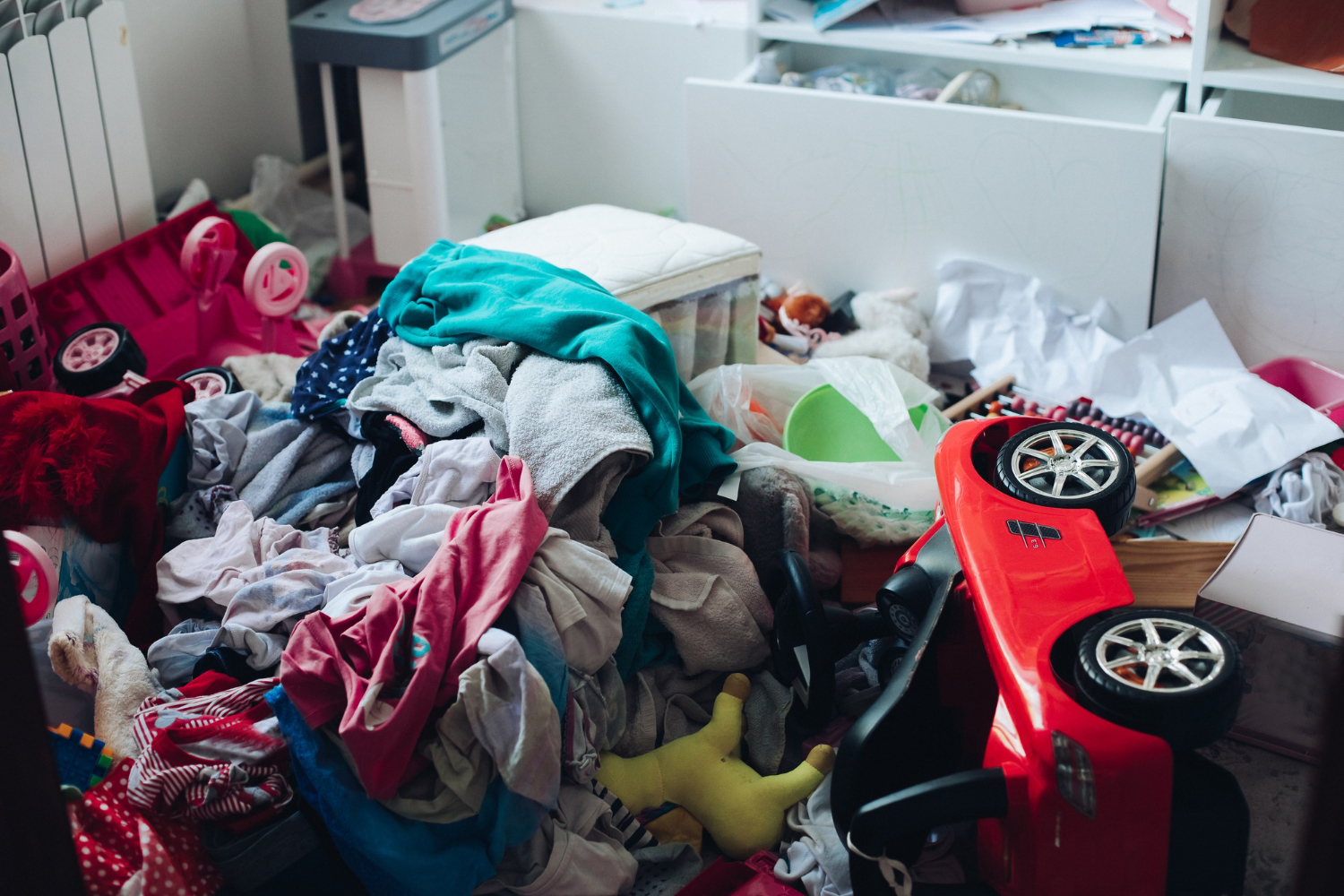Parenting with Divorce, Adoption, Trauma or Neurodivergence

(Watch the video as Dr. Michelle talks more in-depth about this subject and gives real-like examples: Parenting with Divorce, Adoption, Trauma or Neurodivergence)
Most of the parents that come to me for help feel like there's nothing they can do and that things are the way they are. But I want to focus today on that feeling that you can't do anything about it--that these things are just happening to you.
Maybe you've gone through a divorce and the kids are spending some of the time in your home and some of the time in other people's homes. Or it could just be that trauma has happened. Maybe it's your own difficulties or mental health issues, or death of a spouse that has disrupted your family and you feel like you've lost control. I know in a lot of adopted situations that parents were not expecting the level of difficulties that they're seeing in their kids and their behaviors. Or it could be that you have a child that's neurodivergent and you're really struggling. You may have raised other kids but none of them has been as hard as this kid.
But I want to give you some hope that it can be different than how it is. That's the whole thing about trauma, right, is that some things have happened that were beyond our control. But it’s still really important to think about what it is that you want your family to be like. So whether it's just been a year or maybe it's been six months or maybe it's been five years since all of these things started happening it's never too late to turn it around.
This is your house and your family. What do you want? What do you need for this to be a safe place for you, too?
So before you can do anything about it, you have to really wrap your head around that and make some decisions about you as the parent and what you want it to be like. That does not mean that we can just go and change everybody and make them do that for us, but we have to at least have had that thought process.
What am I allowing? Consider some of these areas below. But again, you get to decide. What I want you to do is make sure you are being intentional about thinking about these things and what you want for your family.
- Houses – when things get broken, hoarding issues, or the kids getting into things. Are you going to work on fixing things, putting things away, locking things up, etc. or just live with it?
- Manners at the table – do you want the kids to have better manners at the table, be polite, etc. Or do you like it being a little bit looser and more fun?
- Cleanliness of the car – how important is it for you to have a clean car and what would it take to get what you want?
- Cleanliness of the house – cleaning rooms, putting things away, etc.
- Greeting people – when kids are leaving, when they're coming home, etc. How does your family greet people? How do they say goodbye? How do family members say goodnight?
Again, I'm just talking about you as a parent really wrapping your head around what you want.
Custody issues – when kids are going back and forth between mom and dad's house. I deal with this a lot. I want to empower you that you cannot control what's happening at the other parent's house. If you and that other parent are co-parenting and you're able to communicate and you can be on the same page, be on the same page everywhere that you can. But if you can't, if that's impossible, then you can only do what you can do in your home. It is valuable that your kids know this is how it is at mom's house. Likely, a lot of the problems that you're having are going to be very similar to the problems that this other parent is having. And especially with your neurodivergent kids, there are similar problems that are going back and forth. Everybody has a different way that they're going to deal with it more than likely. And what I found in a lot of divorce situations is that a lot of times you have two parents that don't know how to deal with it. So they're kind of blaming each other and pulling from that.
Right now, while you're trying to establish what you want your family to look like, what you want it to be at your house, you can leave that aside. And I think a lot of people are really scared to do that because they want the kids to want to be at their house, right? So, you don't want to make it this certain way. But the stability and the more solid you can be is the goal--especially if they're going back and forth. And, our goal is that they would be solid in both places, right? That's what's best for kids. But if they can't, then at least you're going to do everything that you can to be solid in your home.
If you cannot work with the other parent, why are we worrying about that? For example, if you limit electronics but the kids will go over to the other parent's house and have electronics. But it doesn't change us as adults. It's like this is still the rule at our house. So, either they are handing it to you at the door or they're leaving it at dad's—but you're setting up how you want it to be.
For another example, if it's important to you how people talk to each other in your home, then you're going to set that. “Well, at dad's house, you know, he says blah, blah, blah, or he did this, or, you know, dad lets us swear or whatever it is”. It's like, “okay, but that's what dad said. This is my house; this is how I want it.”
Does it mean it's going to change it just because you said that? No, but this is about you wrapping your head around what you can do to make those changes. You get to decide. And you might have to write this down.
Parents feel so much pressure, right? Like you must care about what does the school think and what do they want? And what does this other parent want? And what do the grandparents think? And what does your child think? And what do the child's friends think? But it is like, no, this is your house.
And I think it's really important while your kids are at home to establish some of that. Your kids are going to come back to your house for years and years and years, much longer than 18 years, hopefully, as adults. And so how they're going to come back to your house, and you want them to have that familiar sense of like, oh, this is my mom's house. This is how it is at my mom's house.
Often when I talk with parents, they start throwing in all the barriers. But you need to figure out what you can change and what you cannot. Then start to create what you want. Probably 90% of it or more starts with what you tell yourself.
So start the conversation with yourself, write down what you want, and then join us in The Playroom for support and encouragement as you create the family home that you want.
If you're looking for personalized guidance to navigate the intricacies of family dynamics, I invite you to take advantage of this unique opportunity. Dr. Michelle, a seasoned expert in family and relationship dynamics, is offering a limited-time opportunity for a free 15-minute consultation. By visiting https://www.healthyfoundations.co/start-here.html you can connect with Dr. Michelle to discuss your family's specific needs and challenges. This consultation can be the first step toward creating the family life you desire, one that is characterized by understanding, harmony, and resilience.
Book resource: https://www.healthyfoundations.co/books-by-michelle-alden.html
#divorce #adoption #neurodivergent #parenting #trauma


Comments